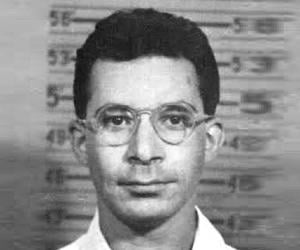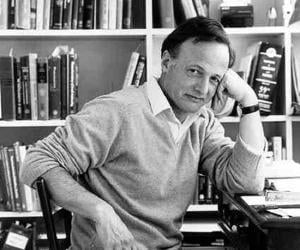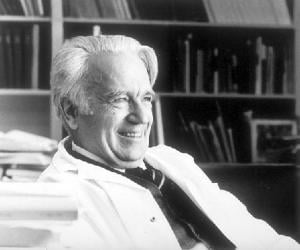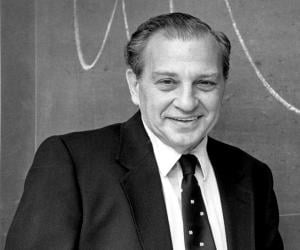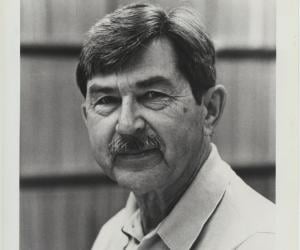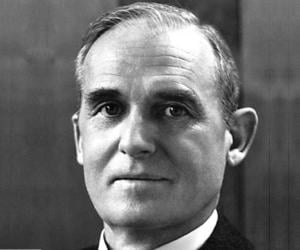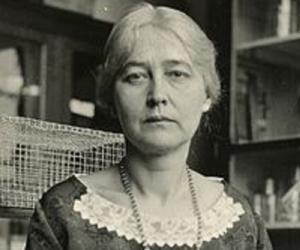1
Louis Slotin
(Canadian Physicist and Chemist Who Took Part in the Manhattan Project)
Birthdate: December 1, 1910
Sun Sign: Sagittarius
Birthplace: Winnipeg, Canada
Died: May 30, 1946
Louis Alexander Slotin was a Canadian physicist and chemist known for his involvement in the Manhattan Project. He earned his Bachelor of Science and Master of Science degrees before obtaining a doctorate in physical chemistry. Slotin joined the University of Chicago as a research associate, where he contributed to designing a cyclotron. He later participated in experiments with uranium and plutonium cores to determine critical mass values. Slotin continued his research at Los Alamos National Laboratory, where he tragically died in a criticality accident in 1946.
